Tachycardia
A rapid heartbeat often occurs after strenuous exercise or when you feel excited or anxious. This is normal. Drinking too much caffeine, smoking or using chewing tobacco, taking certain illegal drugs, or having a thyroid condition can cause a rapid heartbeat or “tachycardia” too.
Sometimes tachycardia is a sign of another problem.
Issues with the heart’s electrical system, which controls the heartbeat, can cause tachycardia. Some patients are born with these issues and others develop them from having high blood pressure, a heart attack or other heart problems.
If you experience symptoms such as dizziness, trouble breathing, chest pain, fainting or feeling that your heart is beating too fast, too hard or that it skips a beat, you should schedule an appointment to see your Lakewood CCL medical team, serving The Villages, Leesburg, Wildwood and areas throughout Lake County, Sumter County and Marion County.
Your specialist may want to perform an electrocardiogram or “ECG” to measure the electrical activity in your heart. They may order additional tests to try to determine what is causing your fast heartbeat.
How is tachycardia treated?
Your Lakewood CCL cardiologist may want to try to slow down a rapid heartbeat and can suggest simple actions that help control heartbeat. The specialist may recommend other treatments, including:
- Medicines to control your heartbeat rhythm.
- A treatment called cardioversion which involves applying a mild electrical current to the heart to fix the rhythm.
- A procedure to implant a device called the “implantable cardioverter defibrillator” or “ICD” which helps control heart rhythms using mild electrical current.
- Ablation treatment which destroys the small part of the heart that is sending abnormal electrical signals causing the rapid heartbeat.
- Surgery to create scar tissue in the heart which then blocks the flow of electrical signals that make your heartbeat abnormal.
The Lakewood CCL medical team may also recommend some lifestyle changes to help prevent tachycardia, such as curtailing your caffeine intake or stopping smoking. Additionally, regular physical activity, eating fruits and vegetables, cutting back on meats and fatty foods and losing weight if you are overweight, can help prevent tachycardia.
For directions to visit our facility, click here.

